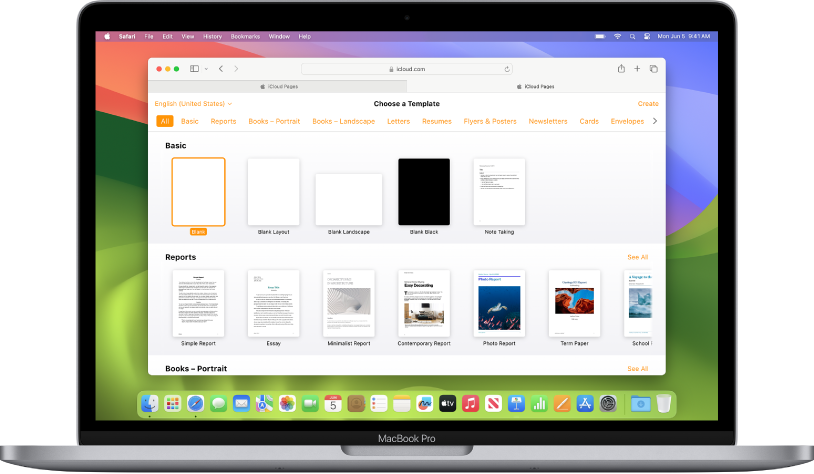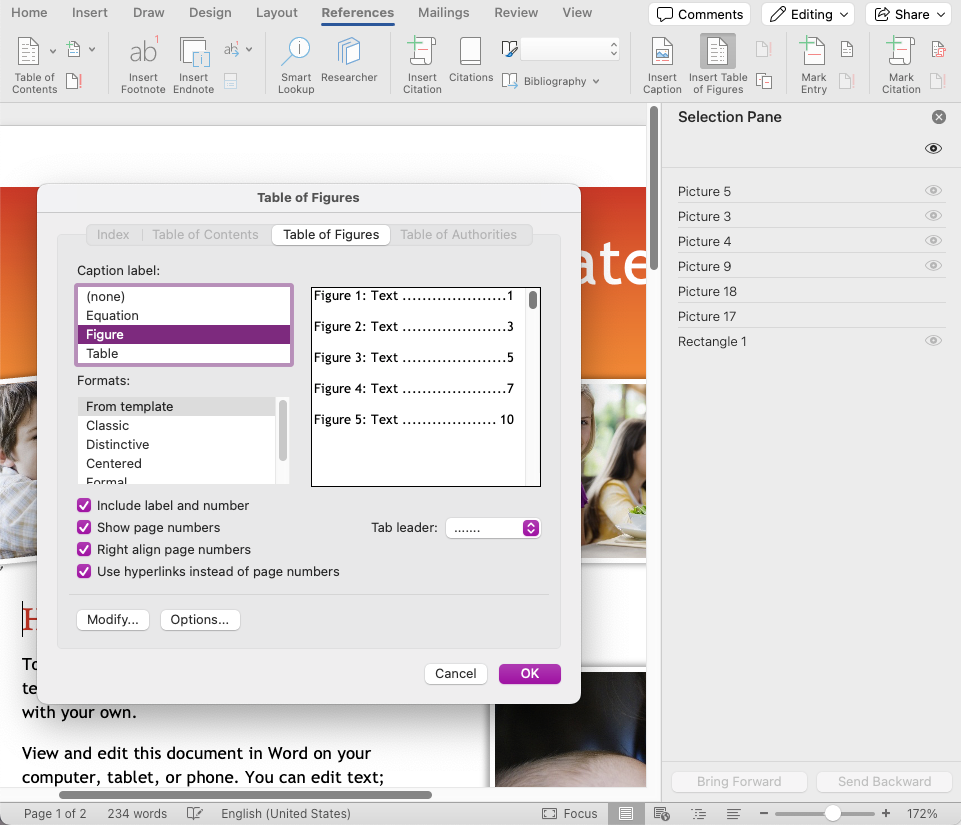The battle between Apple and Microsoft has and will continue to rage for years to come. But which company has perfected the word processor, and which one should you use?
Which Has a Better Price?
The Pages app comes standard on iPhones, iPads, and Macs right out of the box. It can also be downloaded from the App Store at any time for free. For non-Apple devices, there is an online version of Pages, accessible through the iCloud site. However, this version comes with limits, including requiring an internet connection and fewer features.
Microsoft Word also has a free online version, which is pretty limited. Without purchasing Word, you cannot insert tables, use most formatting features, or access most other advanced features. The paid version of Word is available for Windows and Mac machines, and costs $160 on its own or $6.99 a month as part of Microsoft 365.
In terms of price alone, Pages provides more features for no cost. However, the experience is definitely not optimized for Windows devices.
Device Compatibility: Word vs. Pages
It’s no surprise that the Windows word processor works best on Windows devices, and Apple’s on Apple machines. However, that doesn’t mean they can’t be used on one another. In fact, Word for Mac and even iPad and iPhone works very well, with full capabilities and totally smooth integration, including keyboard shortcuts (though there are some security concerns). The same cannot be said for Pages. Pages works perfectly on iOS, iPadOS, and macOS devices, but a downloadable version does not exist for Windows. Windows users can only access Pages through the iCloud website using their Apple ID, but the experience is not optimized and has limits.
Word’s wide compatibility means that any user will likely find it easy to use Word on any of their devices. The same can’t be said for Pages, as anyone without Apple devices will never be able to use it offline or access all of its features.
Which Has Better File Type Compatibility?
Both Word and Pages save documents as their own unique file types; DOCX and PAGES respectively. They both also offer inbuilt ways to save documents as other common formats, including PDF, RTX, or TXT files.
Pages does allow users to save their documents as a Word compatible file right from inside the application, whereas Word does not allow users to save documents as “.pages” files. However, it is still possible to open Word files in Pages, though formatting may be off and fonts might go missing. You can then save the file as a “.docx,” or as a “.pages” file. Though collaboration and similar features will not work between file types, both can be reliably converted from one to the other when necessary.
Does Apple Pages Have More Features Than Microsoft Word?
When it comes to sheer power, Microsoft Word takes the cake. Word has many more features than Pages, especially when it comes to formatting options. Word also allows its users to add plugins from around the web, further expanding its capabilities. Though plugins can technically be installed on Pages, the process isn’t native to the app and requires quite a bit of tinkering for a generally unreliable experience.
In contrast, all of Word’s features can make the program come off as a bit intimidating. Pages has all the features the average user would need, and its simplicity makes it easier to understand and pick up for a first-time user. Though a power user might miss the array of formatting options you get with Word, someone looking for a simple word processor won’t feel the difference.
So, What’s Best?
All in all, what works best is going to vary from person to person. Microsoft Word is more widely used, and definitely more of an industry standard than Pages is, and will likely be preferred for collaboration or in office settings. However, for an experienced Apple user deep into the ecosystem and who values ease of use over a robust set of features, Apple’s native, free word processor is likely the better choice. Furthermore, there’s no reason you can’t use both, and switch depending on what you need.





